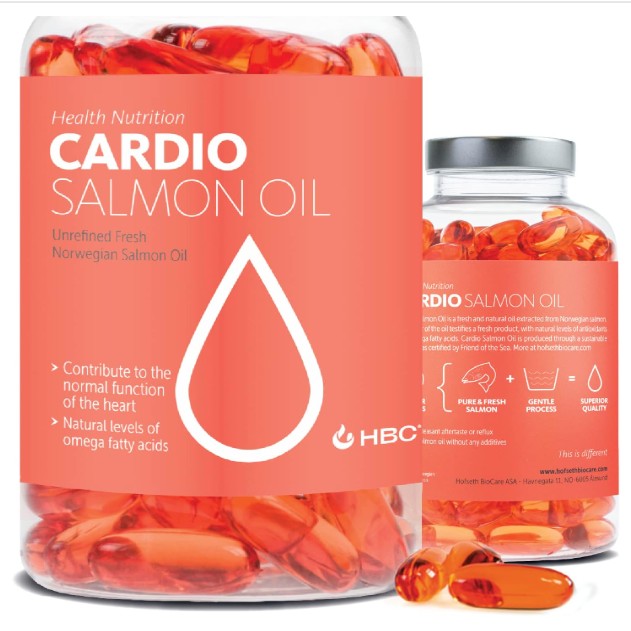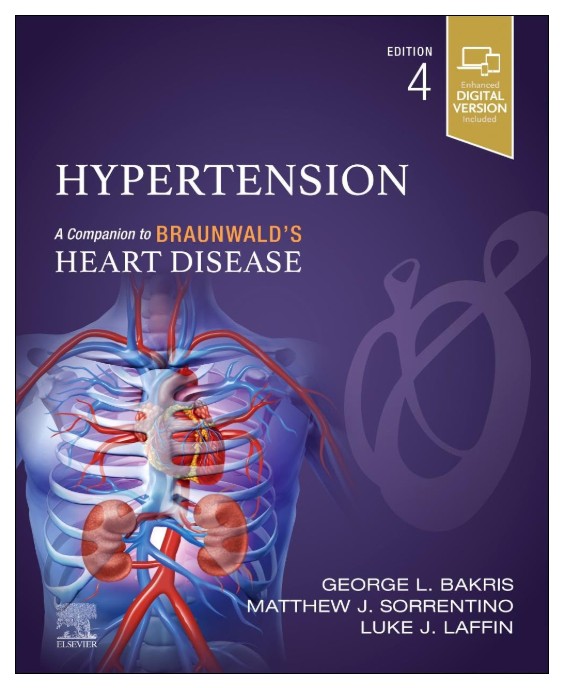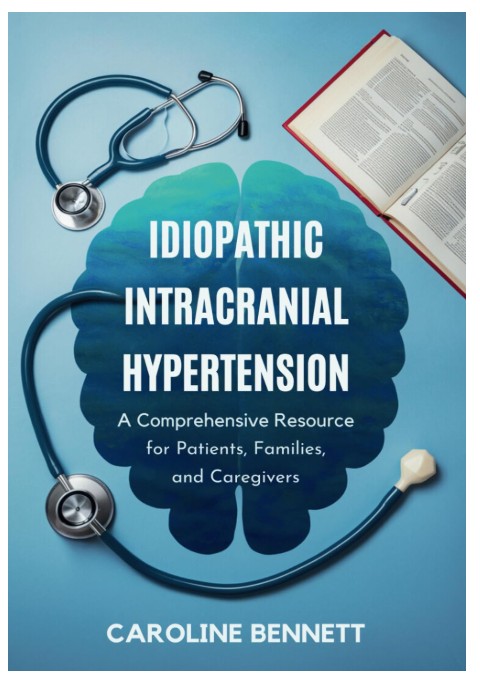Hypertension, also known as high blood pressure, is a common health issue that affects millions of people worldwide. It’s often referred to as a “silent killer” because it can lead to serious health problems like heart disease and stroke without showing any symptoms. However, the good news is that hypertension can be prevented and managed effectively by making certain lifestyle changes.
The first step in preventing hypertension is maintaining a healthy weight. Being overweight or obese increases your risk of developing high blood pressure. Therefore, it’s crucial to keep an eye on your weight and strive for a healthy body mass index (BMI). Regular physical activity plays an important role in achieving this goal. Try to get at least 30 minutes of moderate-intensity exercise such as brisk walking, cycling or swimming most days of the week.
A healthy diet is another key factor in preventing hypertension. A diet rich in fruits, vegetables, whole grains, lean proteins and low-fat dairy products can lower your blood pressure by up to 14 mm Hg. This eating plan is known as the Dietary Approaches to Stop Hypertension (DASH) diet. It emphasizes reducing sodium intake and consuming foods rich in potassium, calcium and magnesium which are known to help lower blood pressure.
Limiting alcohol intake is also beneficial for controlling blood pressure levels. While moderate drinking – up to one drink a day for women and two drinks a day for men – may potentially lower your blood pressure, too much alcohol can raise your blood pressure levels and also reduce the effectiveness of certain blood pressure medications.
Caffeine consumption should also be monitored closely. Although the relationship between caffeine and high blood pressure isn’t well-understood, it’s possible that caffeine might cause a short but dramatic increase in your blood pressure even if you don’t have high blood pressure.
Smoking contributes significantly to hypertension and other cardiovascular diseases. Nicotine in tobacco raises your blood pressure by constricting your arteries and causing your heart to beat faster. Quitting smoking helps your blood pressure return to normal.
Stress can also raise your blood pressure. While it’s not clear if chronic stress by itself causes long-term hypertension, taking measures to reduce your stress levels can contribute to overall heart health. This could include activities like yoga, meditation, deep breathing exercises or even simple hobbies that you enjoy.
Regular health check-ups are crucial in managing and preventing hypertension. Regular blood pressure readings can help you and your doctor notice any changes in your health early on. If you have high blood pressure, regular appointments with your doctor can help manage it effectively.
In conclusion, lifestyle changes play a significant role in preventing and managing hypertension. Maintaining a healthy weight, following a balanced diet, limiting alcohol and caffeine intake, quitting smoking and managing stress are all key strategies for keeping high blood pressure at bay. Remember that making these changes might seem challenging at first, but the benefits for your health are well worth the effort.



